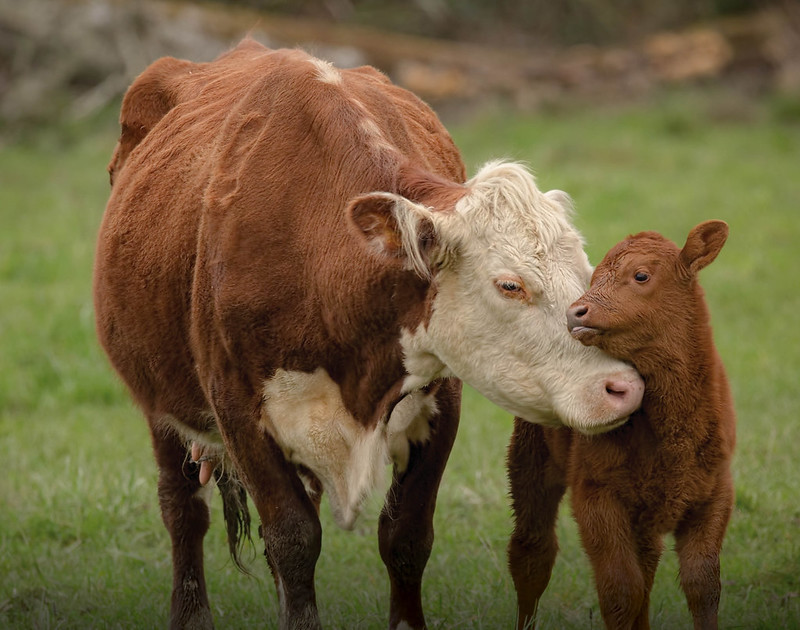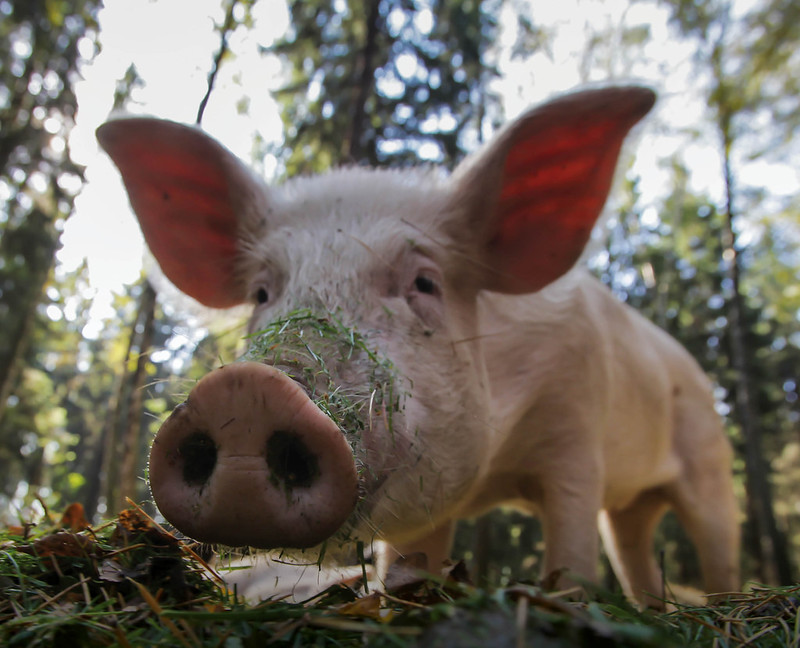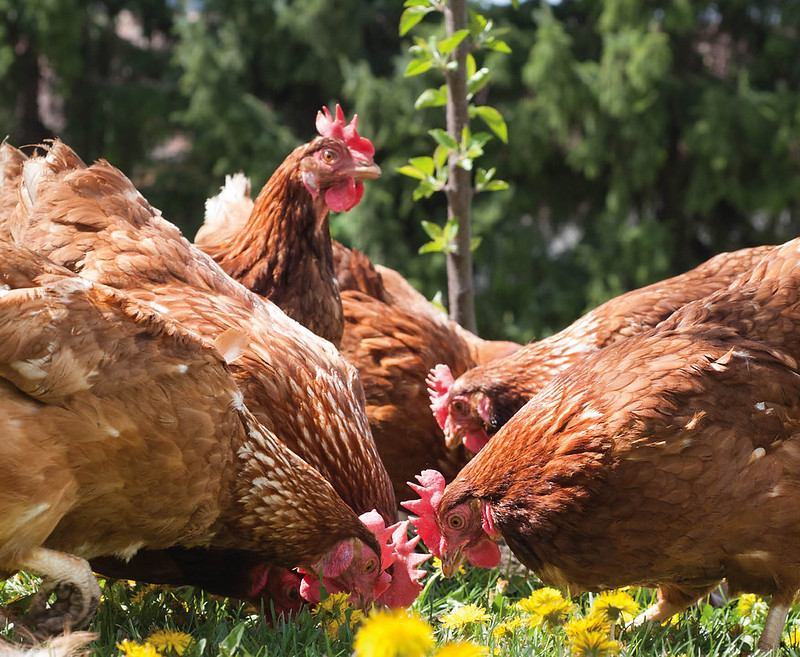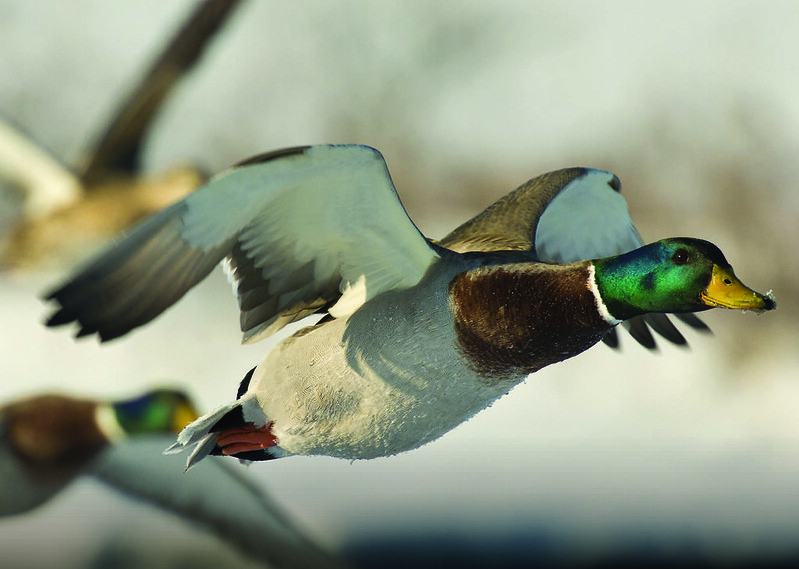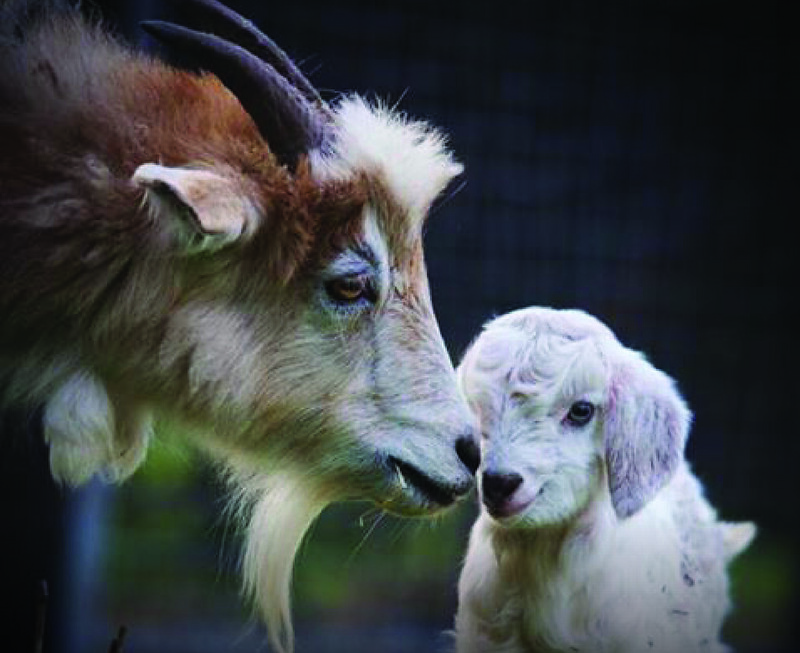#WorldVeganDay: Each of us has the lives and wellbeing of animals in our hands
01 November 2018
Confinement, slaughter, isolation, misery… this is the reality for millions of animals, but don’t be overwhelmed, realise we have the power to make change.
By Animals Asia Animal Welfare Director, Dave Neale
When I was 13 years old, I made the decision never to eat another animal.
I made this choice after seeing images of calves with their heads sticking out of lorries crying for their mums as they were shipped to slaughter. At 13 years old I was bewildered and horrified by the fact that we allowed this to happen.
It took me more than 20 years to realise I had actually made the wrong decision.
While I had spent those 20 years not eating animals, I had continued to contribute to the suffering of many more calves as they are the by-product of the dairy industry – taken from their mothers so we can take and consume the milk that their mother was producing for her baby.
I had voluntarily removed myself from the atrocities of farming hens, pigs, cows, and other animals to be slaughtered and served up for dinner, but I was still participating in the suffering of animals through my own personal, everyday choices.
Now, some 30 years later, I am a committed vegan and an advocate for veganism as the single most important step that any person can take to change the lives of animals, and to safeguard our future environment.
Thirty years ago, I was lucky if a restaurant offered a single vegetarian option. Back then, identifying as vegetarian or vegan was often viewed as an extreme lifestyle choice rather than the logical choice of large numbers of everyday people. But this is rapidly changing.
Research in the USA has shown that in 2014 just 1% of US consumers claimed to be vegan, yet in 2017, that number has risen to 6%, and there’s been a 600% increase in people identifying as vegans in the last three years. 400 million fewer animals were reportedly killed in 2014 than in 2007, purely because people are choosing to eat less animal products.
In the UK, the number of people identifying as vegans has increased by 350%, compared to a decade ago.
In China, the vegan market is predicted to grow more than 17% between 2015 and 2020. And in Hong Kong, 22% of the population reports practicing some form of a plant-based diet.
In Australia, between 2014 and 2016, the number of food products launched carrying a vegan claim rose by 92%.
Veganism is no longer a fringe movement, it is a mainstream lifestyle choice practiced by many millions of people every day.
And this is the key point, it is something that we can all do every day of our lives. We are not all in the position of being able to take animals in need into our home, or to set up a rescue facility to offer animals lifetime love and care. But most of us are able to make choices in our daily lives, and it is these choices that have a direct impact on individual animals’ lives.
It is difficult to accurately estimate the impact such a choice has but we know within ourselves that making the decision not to eat any meat, dairy and eggs must have a positive impact somewhere along the line. The vegan society in the UK recently launched a veganalyser app. By entering your geographical location and the number of years you have been vegan this provides an estimate of the number of animal lives saved. I am up to 374 so far.
Other vegan calculators estimate the number of animal lives saved through veganism to be much higher than this but regardless of whether a vegan lifestyle saves one animal a day or 35+ animals in a year, it does save animal lives, or more accurately it reduces the need for individual animals to be raised and slaughtered for our food.
If you are reading this, then it is likely that you are an “animal lover” and someone with a desire to see animals free from suffering.
Once we become aware of animal welfare and the needs of individual animals, then we can easily be overwhelmed by the amount of suffering we see around us and unsure what we as individuals can do to help.
But the answer is staring right back at us. It is in the choices we make everyday. We all have the power to help hundreds of animals purely through our everyday decisions. So next time you are shopping for clothes, cooking dinner, making a cup of tea or choosing a holiday activity, please choose kindness.
BACK
